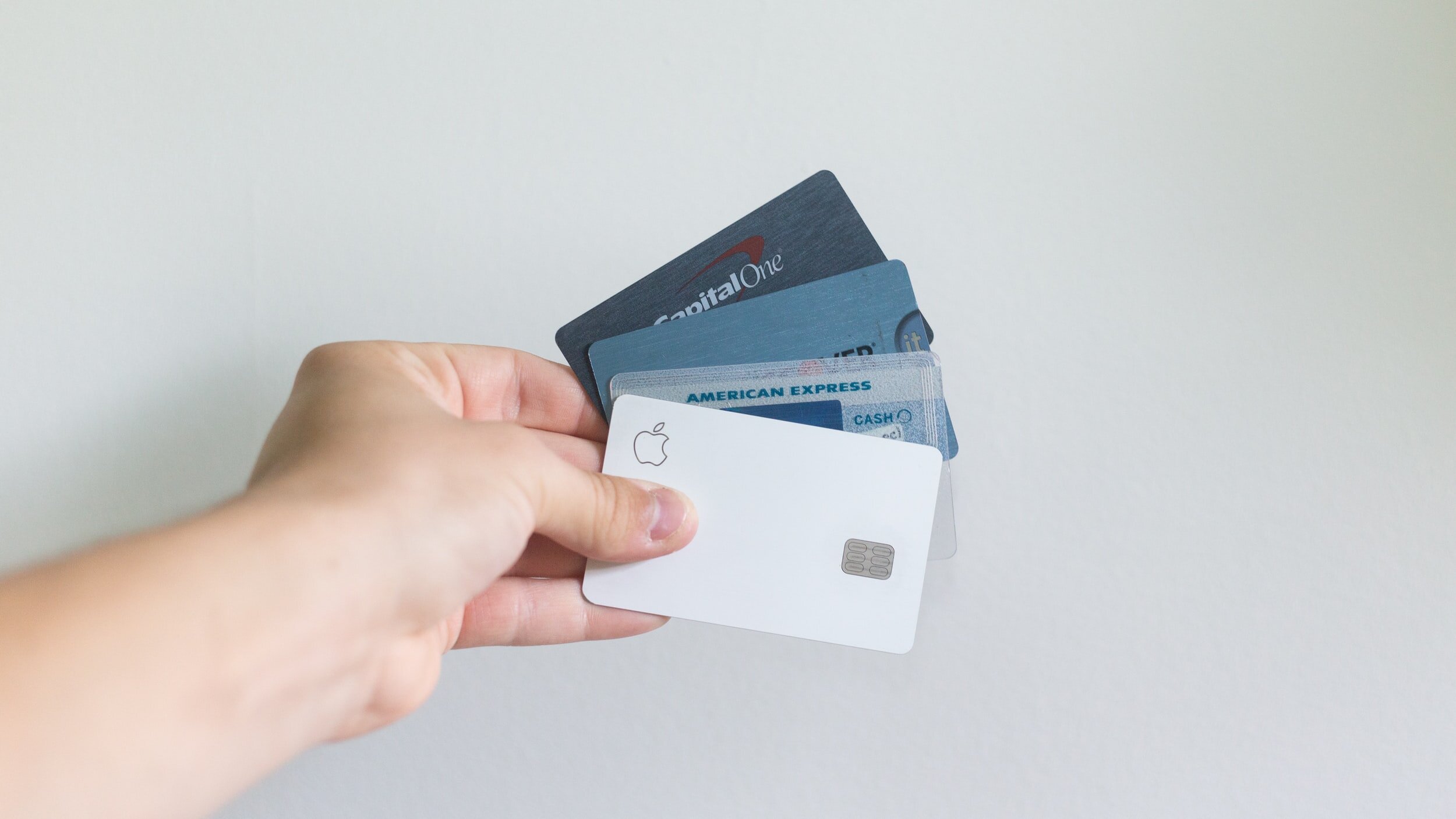What is a Financial Therapist? Start Saving, Get a Plan for Your Debt, and a Discount Code from Wendy Wright
January 15, 2021

Image via
Hey all! So in this past week’s episode of WGT, I spoke with a financial therapist whose job it is to normalize our relationships with money, so we can start saving quicker, and better.
What is a Financial Therapist, and How You Can Improve Your Relationship with Money
Now to be honest, I had never heard of a financial therapist before, but now that I know what they do, I can’t believe I didn’t know about this concept.
A financial therapist fills in the critical gap between the Knowing-You-Have-to-Invest stage, and Actually-Investing-and-Saving stage.
Wendy Wright, a financial therapist and certified financial recovery counselor, is that critical go-between step. She works with her clients to help them truly understand their financial challenges, then build confidence to take the right next step in fixing them.
For a list of reasons—debt, past shortages of money, or other negative connotations we inevitably build between our identity and money—lots of us experience stress when we think about how to save money. The first question often is, “How do I even start?”
In our conversation we covered so much—from setting an abundance mindset, to tips for freelancers and entrepreneurs, to how to save after taking time off from the work force—so you have to check out the whole episode here! But there were some critical lessons she discussed that I wanted to break out into a separate post, so you can get started toward saving, now.
Save More Starting Now: Tips from a Financial Therapist

Image via
Step One: Understand Your Spending
One of the most important things to improving your financial future is understanding what you’re already spending your money on. And Wendy wants you to understand not just what you’re buying, but why.
Her expense sheet, which she encourages everyone to use as a starting point, asks you to track not only what you buy and how much it costs, but also to write down the emotions you experienced in driving you to purchase it.
Regular tracking of your expenses—and writing them down, not typing them, is key!—will be the first step in figuring out how to save, Wendy says, because you’ll know how much exactly is going out of your account.
Wendy suggests tracking by hand (not typing, because handwriting it really solidifies it mentally) these categories: Item, Cost, Emotion behind the Purchase, and How it Made You Feel.
Step Two: Forgive (Yourself) Your Debt
This one is truly fascinating. Wendy says she has seen that many of her clients have difficulty accepting, and forgiving themselves for, the debt they have accrued; and that, she says, can be a block toward paying it off.
“[O]ne of the biggest things that I find to be super helpful is to start by forgiving yourself for the debt. … Lots and lots of times people will rush, because they feel really panicky and they feel a lot of shame. … You want to say, I can forgive myself for this debt and then we want to build a plan—a plan that includes saving [first.]”
Hot Tip Alert!
And here is an awesome tip that I just loved: Wendy suggests re-naming one of your bank accounts with the goal you’re trying to achieve. So go online, and the savings account that’s dedicated to paying down college debt? Call it “Almost Free.” And the vacation fund? “Hawaii 2022.”
Wendy says, “If we have an emotional relationship with our savings we’re more likely to save.”

Image via
Step Three: Drop the “Truths” You Think You Know About How You Manage Money
Wendy says one of the main roadblocks to saving is believing you’re “bad with money,” or understanding money “just doesn’t come naturally to me.”
We discussed the scarcity mindset, which to me, up until now, was just a hashtag I’d seen motivational influencers post on Instagram. Wendy cleared up what it is, and why to avoid it:
“If you have a scarcity mindset that’s a belief that there’s never going to be enough money that will guide a lot of your decisions.” Translation? Speak in confidence about your ability to make a plan and find someone who’s qualified to help.
And here’s what she says about transitioning from a scarcity mindset, to a mindset of abundance:
“I encourage journaling a few paragraphs about what does that really mean to you. Part of what we do together is make plans, make a business plan so there’s a place for dreaming and envisioning, but you also want a plan that has traction.”

Image via
What to Know About Working with a Financial Therapist
While this is a step many don’t realize is missing in their financial plans, you should also know what you’re getting and not getting when working with a financial therapist.
-
A financial therapist is there to help you—not to tell you how to invest your money. Wendy was very clear that her work is dedicated toward improving your relationship and mindset around money. From there, she suggests financial advisors that might be a good fit for you, who can tell you precisely how best to invest.
-
You’re developing a set of skills, not just going in for a one-time fix. Wendy’s work is about giving you the confidence to tackle your business plan, your finances and your overall mindset around money. You’ll likely be working with your financial therapist for a period of time to help get you there.
Interested in Working with a Financial Therapist? Start Here!
Wendy is amazing, and she’s offering a discount code on her Money, Mindfulness Mastermind class for anyone who wants to really dig in and plan their future.
Simply click below and use the code SONNI121 for $121 off the course!
And to read more about Wendy, check out her site and her Instagram.
© 2022 WGT Designed by leche studio
PRIVACY & TERMS
CONNECT
NAVIGATE
Home
Blog
Work With Me
More From Us
Want to be the first to get the latest updates and news?
About
Podcast
Contact